|
The forWater Network, a pan-Canadian collaboration of researchers and industry partners, gathered for their annual general meeting (AGM) to discuss research progress after the fourth year of working together. There was a lot to discuss. Over the course of two days, the Network shared 22 research presentations, 26 student posters, 5 interactive discussions, and 1 collaborative brainstorming session. The Network is unique as it is the only one of its kind with a focus on society’s most critical water needs: drinking water. It is the only research Network that distinctively bridges the knowledge gap between water treatment and forestry research—linking ecosystem research from five vastly different forested ecozones found across Canada. The culmination of this effort results in dynamic research of innovative approaches that integrate water treatment and land management to ensure safe, reliable drinking water for all communities now and in the future. forWater is asking the complex question of how to ensure safe, reliable drinking water in a future with increasingly common, severe climate change-associated disturbances (wildfires, hurricanes, floods). In 2020, the world witnessed unprecedented wildfire seasons across the globe, including the first ever gigafire: the August Complex Fire in California. These and other landscape disturbances can alter the quality of water in impacted rivers, lakes, and reservoirs by increasing the delivery of sediments, nutrients, and both natural and anthropogenic chemicals not usually found in our water sources. Millions of people rely on these forested landscapes for the provision of water. Rapid fluctuations in source quality can impact water treatment plants, potentially leading to service disruptions to households and businesses. These disturbances can even impact water quality decades after the event takes place, causing challenges and costs to communities entrusted to provide safe, reliable drinking water. This is where the forWater Network research comes in, seeking to uncover new knowledge and develop new tools to manage forests and water supplies so that drinking water treatment is not compromised. By doing so, the Network can help communities adapt to changing climate. In Canada, forested watersheds must be prioritized because that is where most urban, rural, and Indigenous drinking water originates. The Network shared key findings that better equip communities to manage water treatment challenges at this year’s AGM.
Researchers in the Network will continue to bring new insights to the impacts different forest management have on water quality and treatment challenges. This ground breaking research will bring new foundational knowledge about each forested ecozone in Canada helping understand the distinct chemical composition in each area and thereby helping water treatment specialists better anticipate changes within their system.
To follow along with research updates from the forWater Network, please follow us on Twitter (@forWaterNetwork) or read the latest research report.
0 Comments
Leave a Reply. |
forWater NetworkThe Network provides insights into new scientific research for safe, secure drinking water---globally---which starts with resilient forests Archives
October 2023
Categories |

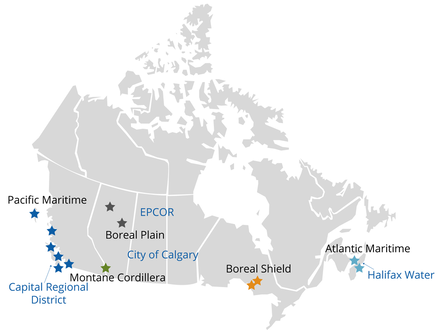
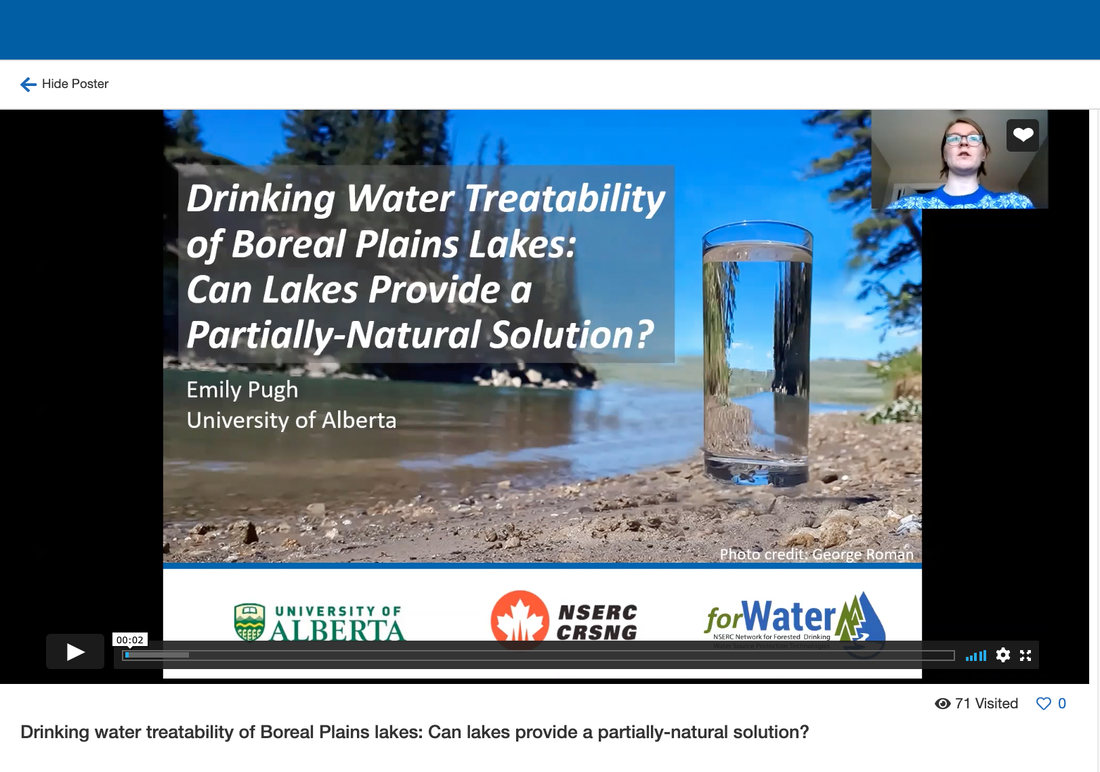
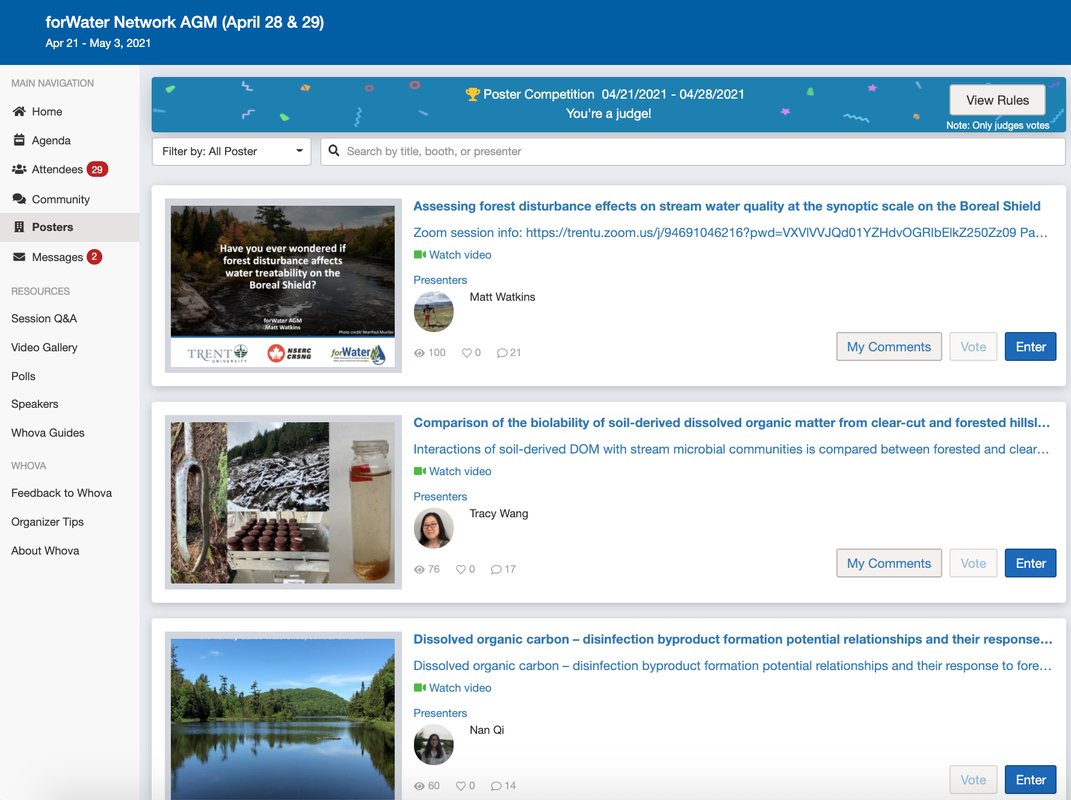
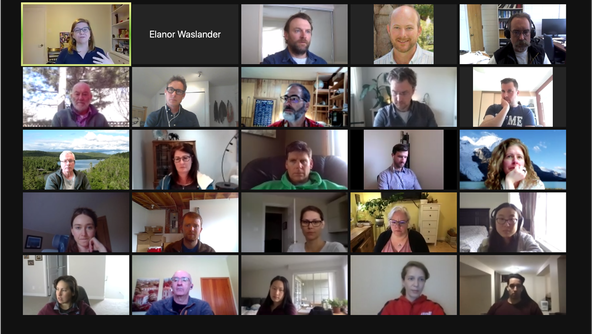
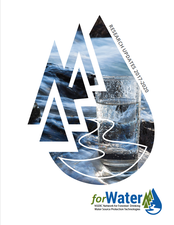
 RSS Feed
RSS Feed

